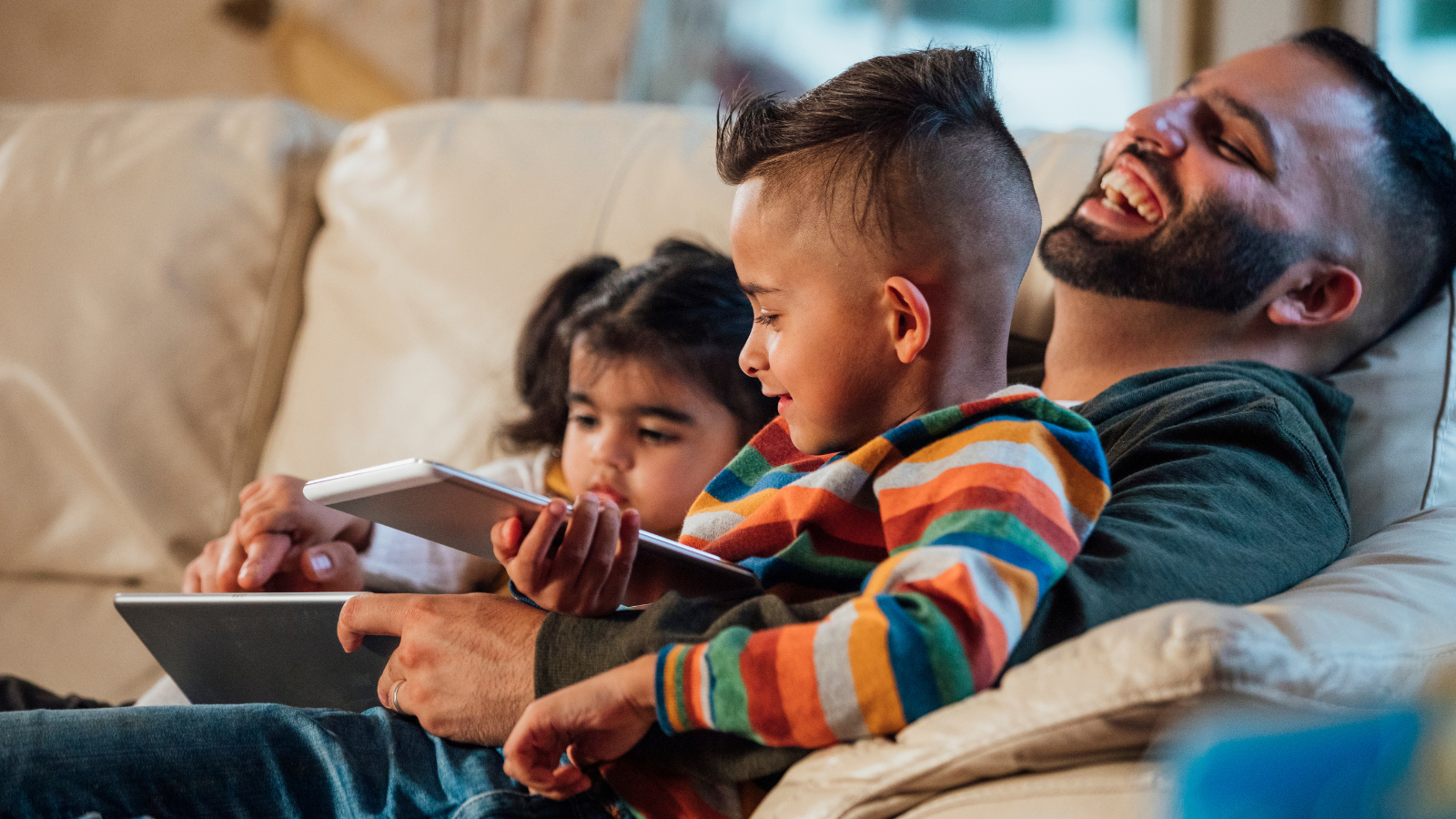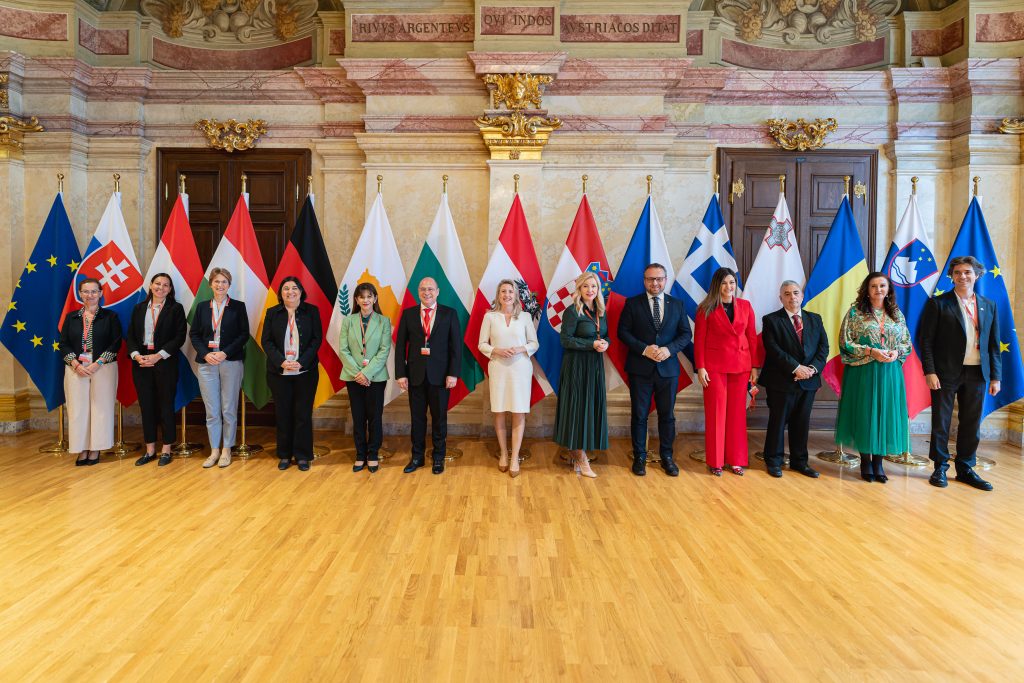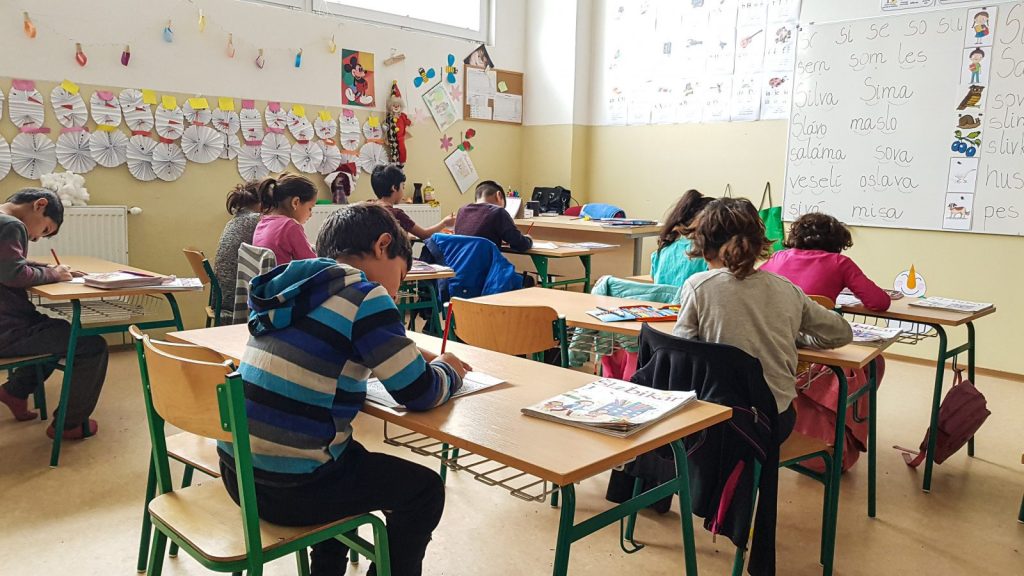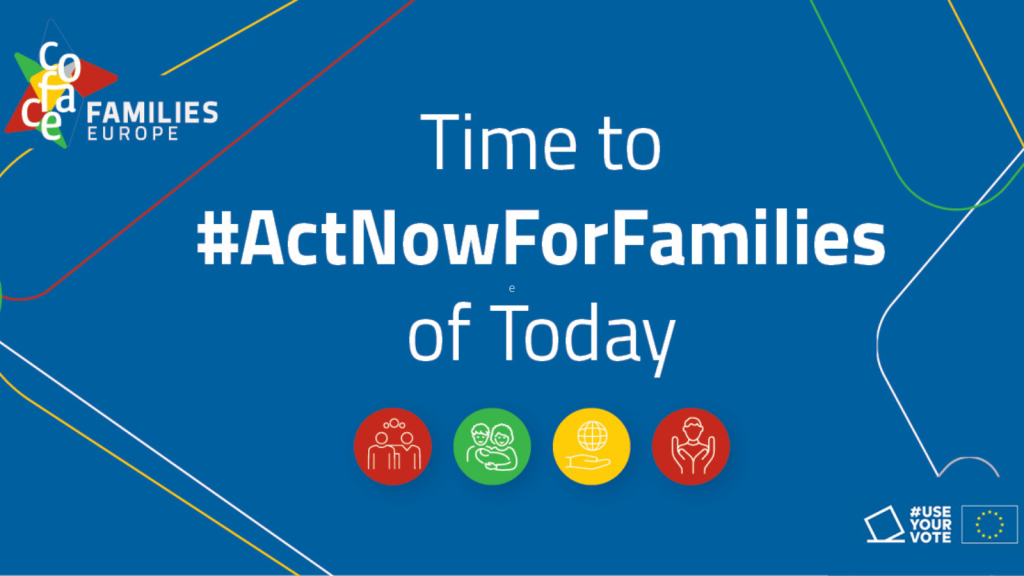COFACE was invited to speak at the Digital Assembly 2022 hosted by the French Presidency of the EU and the European Commission in Toulouse, France, on 21st June 2022. COFACE President Annemie Drieskens spoke more specifically in the Better Internet for Kids workshop, which consisted of two panels – the first one discussing the protection of children and young people online, and the second one addressing the empowerment and participation of minors in the online environment.
During the first panel, the new BIK+ strategy was presented, together with the announcement of the child-friendly version of BIK+ now being available. The child-friendly version was developed for young people, and with the invaluable contribution of young people themselves on the most child-appropriate vocabulary, tone, and visual aspects to include in the guide. In addition, the participants discussed how to ensure a safe digital experience for children and young people, based on the strategy pillars.
During the discussions, moderated by June Lowery-Kingston (Head of Unit, Accessibility, Multilingualism, and Safer Internet, DG CONNECT at the European Commission), the BIK Youth Ambassadors stressed the importance of involving youth in the decision-making process and encouraging their participation in such initiatives for change. They also commented that it should be mandatory for young people to learn about online risks, misinformation and disinformation, and other key online safety concerns.
During her intervention in the BIK panel, Annemie Drieskens reminded the audience of COFACE’s mission to shape a healthy and safe environment (online and offline) fit for children and their families, guided by its Child Compass. This includes the need to provide a safe and digital environment for children online by design and technology companies and industry must be held accountable for this. She also welcomed the focus of the importance given to EMPOWERMENT AND PARTICIPATION in the new BIK+ strategy – these 2 pillars are important as they are often ignored, at the expense of the wellbeing of families and children’s rights.
Reference was made by Annemie Drieskens to recent data on digital deprivation: across Europe still, 5,4% of school-aged children live in households without access to the internet or digital devices), hence without a computer or internet families are excluded and their children are falling behind, and missing out on the opportunities the online world has to offer.
The European Pillar of Social Rights must help bridge this digital divide through strong policies to ensure access to the digital world for all families and children. She also referred to one of the latest DigiGen policy briefs on recognising digital technologies as a key part of ‘doing family’ in the digital era: according to the brief, digital technologies are integrated differently into families depending on their digital skills. The spectrum ranges from families with a very positive approach to families that are skeptical, regulate access, almost avoiding its use. If parents involve children as active agents in the negotiation process and co-create the rules, this strengthens children in their digital competencies. Finally, Annemie Drieskens highlighted that with modern technologies developing fast, all families need support in their digital parenting.
More here.
Photo: ©SolStock via Canva.com





